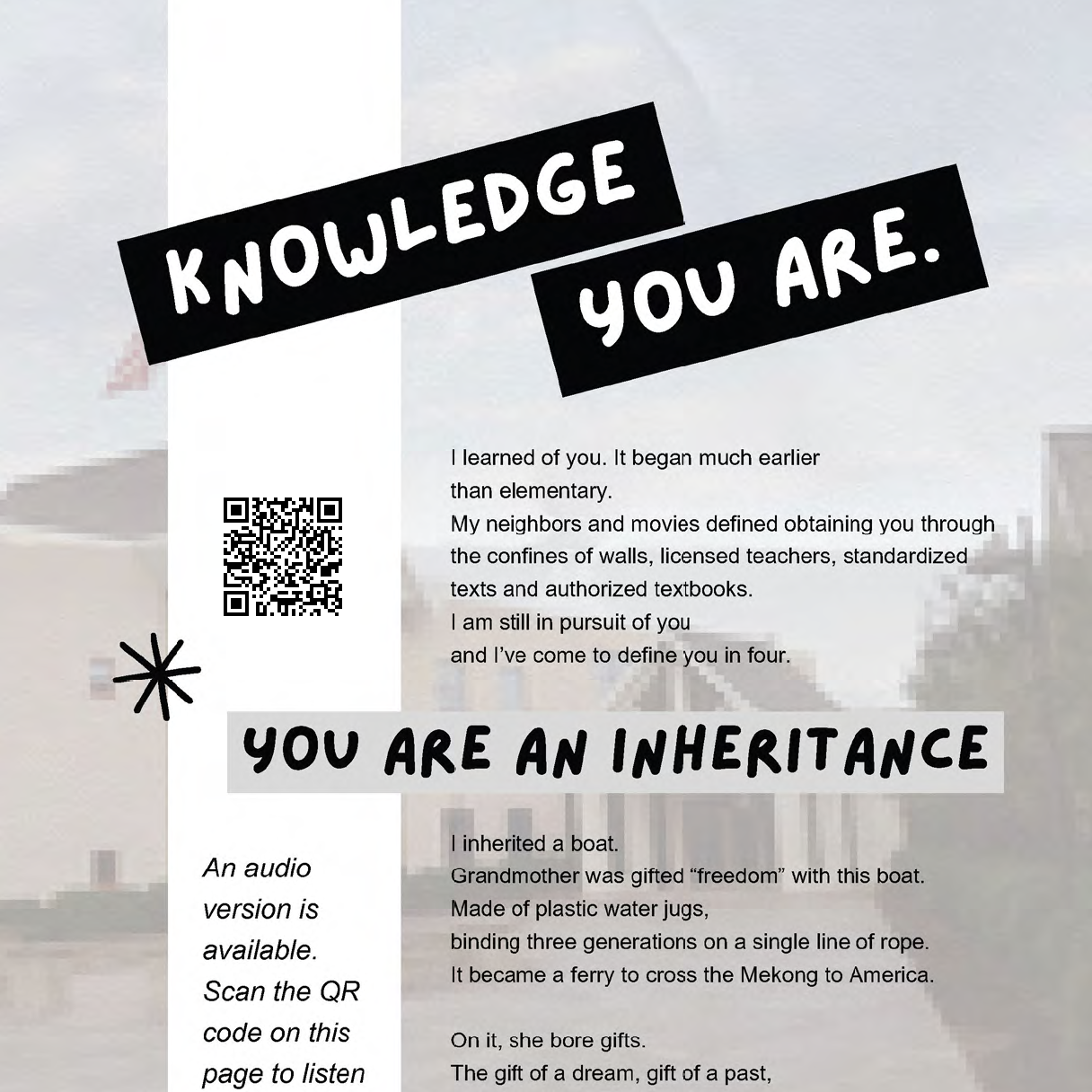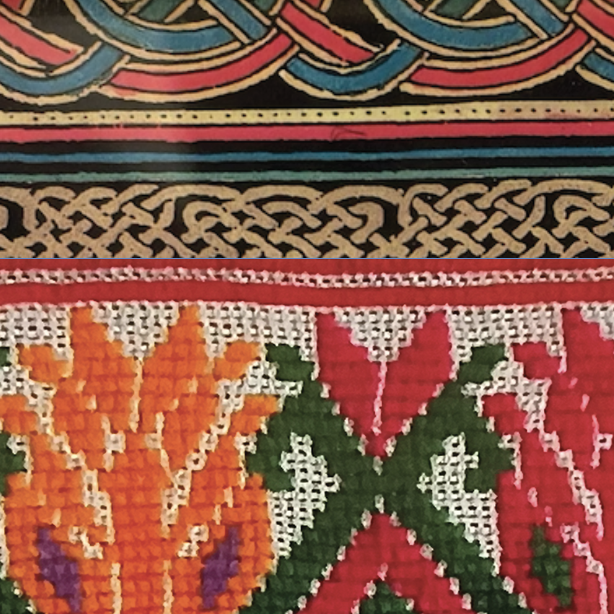Welcome to the 5th issue of SPARK !
In the fall of 2024, the SPARK Editorial Board put out a call for papers looking broadly at the theme of difference. From the start, we discussed the ways in which the idea of difference can show up in a myriad of ways from dominant knowledge systems and values, to culture and politics, oftentimes in ways that can be polarizing, and cause harm for those in the margins. At the same time, we wanted to think critically about the ways difference opened up possibilities for strengthening our communities in ways that transform the institutions and communities where we learn, live, and work.
In this vein, the SPARK Editorial Board invited scholars, across disciplines, to share their stories about the ways in which their scholarship, community engagement, research-based activism, and lived experiences—frequently not mutually exclusive—engage with difference. The stories shared in Volume 5 of SPARK, Building Knowledge Within Difference, foster a deep and complex understanding of difference, bringing to the surface the ways in which violent legacies of settler colonialism, institutionalized racism and ableism, and class systems are internalized and deeply embedded within our institutions of learning and fields of study. Unlearned and re-examined through the voices and scholarship of our contributors, these stories unapologetically affirm that diverse ways of knowing have always existed and will continue to exist. Our communities and institutions do better when we acknowledge and engage with difference in respectful and ethical ways. We hope these stories resonate and act as a catalyst for reflection, transformation, and solidarity, illuminating the possibilities of a shared humanity with difference, rather than without it.

In This Issue
Jazzing up the Method: Music Therapy, Past & Future
In February of 2024, I interviewed a Minnesota-based music therapist to learn more about how their professional training and experience prepared them to support various identities with disabilities. While the interview began as an assignment for a course, I developed a personal and scholarly interest because of the significant overlap with my dissertation project, which centers jazz music and disability.…
Keep readingKnowledge You Are
I learned of you. It began much earlier than elementary.
My neighbors and movies defined obtaining you through the confines of walls, licensed teachers, standardized texts and authorized textbooks.
I am still in pursuit of you
and I’ve come to define you in four.
Continue Reading Knowledge You Are
Keep readingBuilding Radical Hope: An Ode to Community
As first- and second-generation immigrant women in a Ph.D. program, we grapple daily with questions of belonging: Should we be here? Is this the right place to advocate for our communities? Confronted with the ongoing genocide in Palestine (United Nations 2024), the erosion of immigrant rights, and the institutional erasure of identity (National Immigrant Justice Center 2025), community becomes more…
Keep readingWays of and Paths to Knowing and (un)Certainty: An Experience of Grad School
Introduction Listen: “I don’t understand” This is the first thing I had asked my grandmother (often referred to as “gram” by family members) how to say in the very first recording I made with her on my journey trying to learn Nishnaabemwin (the word for the Ojibwe language where I come from). It’s an artefact from the beginning of the…
Keep readingBecoming Some-body: A Letter to my Mother
Amma, Today in class, on a sharp, cold day in Minneapolis, we read Charles Tilly’s Durable Inequality and discussed the intergenerational nature of inequality—how it manifests in durable economic and physical effects, and how it is embodied in reduced stature, disease, and mortality. I looked up the word ‘durability’ in the Oxford Dictionary, which defined it as “the quality of…
Keep readingOjibwemowin Language Revitalization and a Sense of Community, Being, Love, My Grandmother and My Self
I n the dream, I am standing on a lawn that stretches to a wood line. It looks like the fields in my hometown in rural Michigan. The bag of seed in my right hand is heavy and the sky is bright blue like in the summers of my childhood. There is a small flock of baby chicks in front…
Keep readingPromoting Inclusive Clothing Design Through Participatory Research & Shared Authority
My pursuit of inclusive clothing design inspired me to submit an article to SPARK sharing my experiences. I am a person with a disability who researches collaborative clothing design, specifically with people who have disabilities. Meaning, I work alongside people with disabilities, research disability experiences, design from a disability perspective, and even live with disability. This position supports me to…
Keep reading









